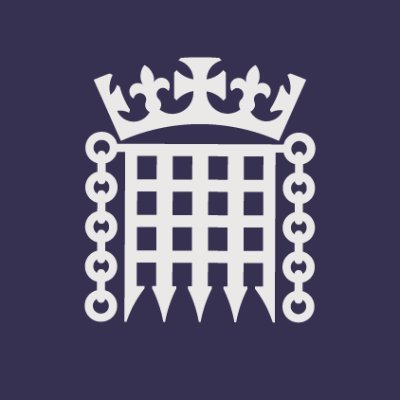
New procurement legislation introduced
New procurement rules have now become law following the Royal Assent of the Procurement Act.
It is hoped that the new regime will deliver simpler, more effective public sector procurement, and help small and medium-sized enterprises (SMEs) secure a greater share of approximately £300bn of expenditure per year.
Significant new powers will enable high-risk suppliers to be put on a public debarment list and be prevented from bidding for some categories of goods or services, such as areas related to defence and national security, while allowing them to continue to bid for contracts in non-sensitive areas.
The Act places a requirement on contracting authorities to assess the particular barriers facing SMEs throughout the entire procurement lifecycle, and to consider what can be done to overcome them. It is expected these reforms will deliver better value for money, slash red tape, drive innovation and make it easier for suppliers of all sizes to do business with the public sector.
It will also be possible to exclude suppliers from bidding for contracts, not only if they’ve performed badly on other contracts in the past, but also based on modern slavery or professional misconduct grounds. The Act introduces a new duty for Ministers to proactively consider suppliers for potential debarment investigations.
Cabinet Office Minister Baroness Neville-Rolfe said: “These new rules will help grow the economy and deliver better and simpler public sector procurement. I am particularly pleased to help small and medium sized businesses secure a greater share of nearly £300 billion worth of government contracts.”









